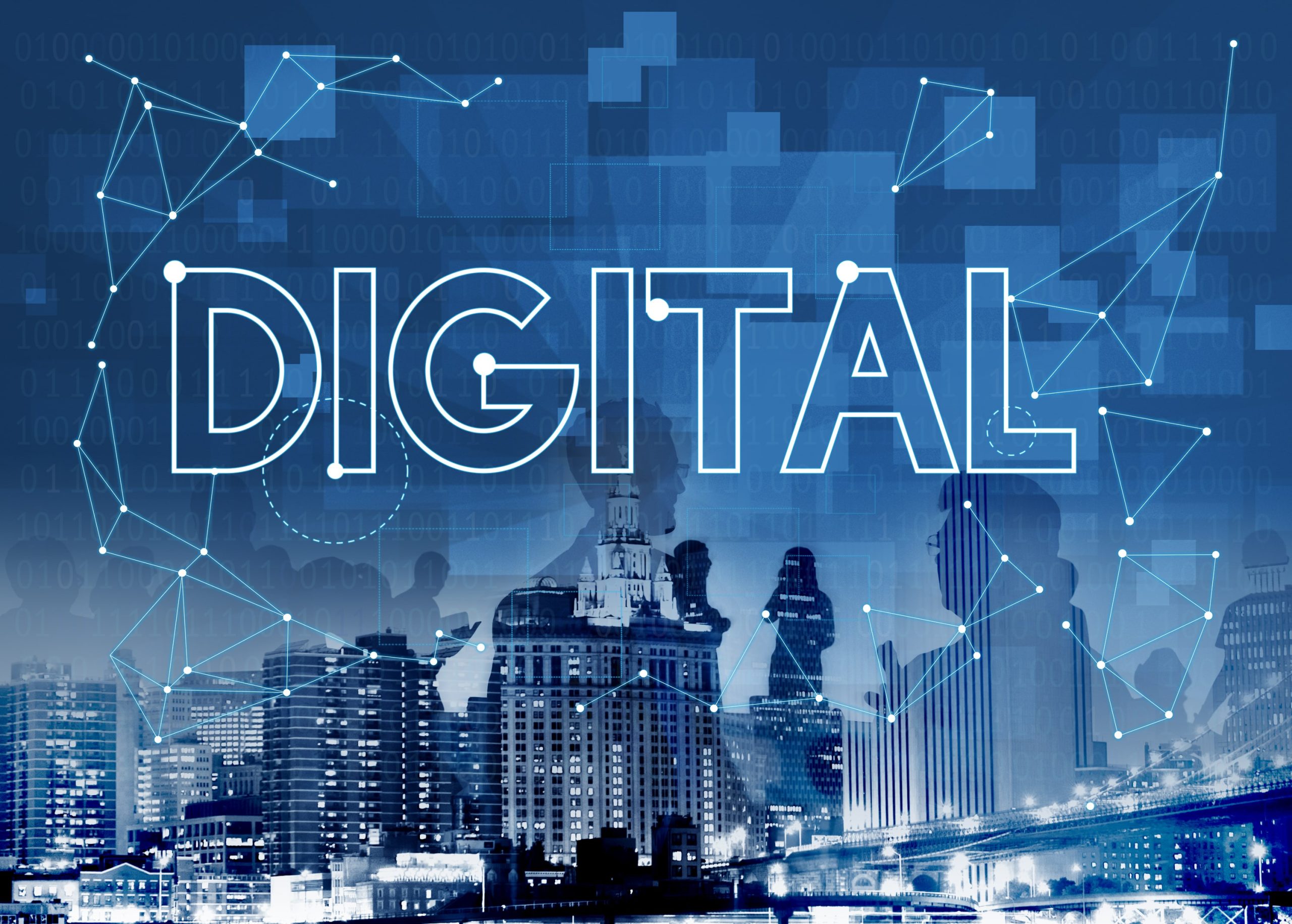In the digital era, data has emerged as the lifeblood of innovation and progress, reshaping the way we live, work, and interact. Welcome to the age of datafication, where almost every aspect of our lives is being transformed into streams of digital information. Datafication, the process of converting real-world activities into data, has paved the way for groundbreaking advancements in technology, artificial intelligence, and data-driven decision-making.
Datafication has become an integral part of our daily existence, driven by the explosion of digital technologies and the Internet of Things (IoT). From our smartphones and wearables to smart home devices and connected vehicles, everything around us generates a wealth of data. The implications of this data-centric revolution are vast. Businesses can now analyze consumer behavior and preferences with unprecedented precision, leading to highly personalized products and services. Governments can harness data to optimize public services and infrastructure, improving the lives of citizens. Datafication also fuels advancements in healthcare, enabling data-driven diagnoses and treatments. However, with this data-driven transformation comes a responsibility to address concerns about privacy, security, and ethical considerations.
In the datafied world, data is no longer just raw information; it holds the key to unlocking powerful insights. Companies can use data analytics to uncover hidden patterns, trends, and correlations, empowering them to make data-driven decisions. This data-driven approach not only enhances operational efficiency but also fosters innovation and creativity. Moreover, datafication allows for predictive analytics, enabling businesses to anticipate customer needs and market trends. With data at their disposal, organizations can optimize supply chains, improve customer experiences, and identify opportunities for growth and expansion.
As datafication continues to shape our lives, it is essential for individuals and organizations to embrace this digital transformation. For businesses, data should be viewed as a strategic asset that drives competitiveness and growth. Adopting robust data governance and security measures ensures that data is handled responsibly and ethically. On the individual level, understanding data privacy rights and actively managing personal data empowers individuals to protect their digital footprint. Embracing datafication also demands continuous learning and upskilling to leverage data analytics tools effectively. By embracing datafication responsibly, we can unlock the immense potential of data, leading us into a future defined by data-driven possibilities.
In conclusion, datafication has ignited a digital revolution, transforming the way we interact with technology, make decisions, and navigate our daily lives. The vast opportunities presented by data-driven insights come with the responsibility of safeguarding privacy, security, and ethical considerations. By embracing datafication with mindfulness and foresight, we can unlock the full potential of data to drive innovation, progress, and positive societal impact.








